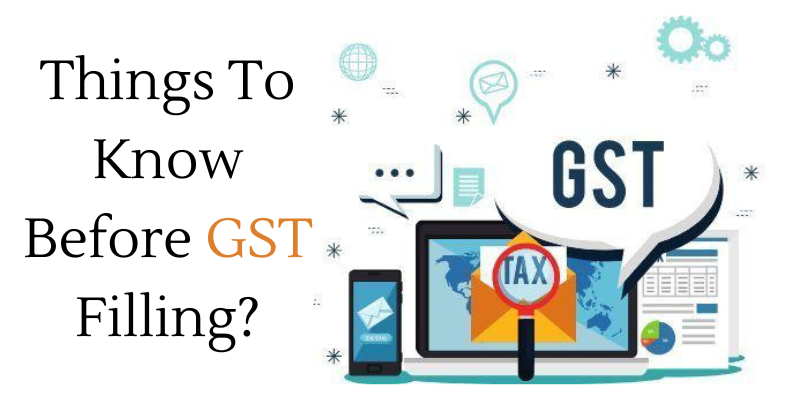The monthly comfort of knowing you have money in your account is overshadowed by the annual hassle of preparing income tax forms! There wouldn’t be any difficulty if you knew how to file your ITR appropriately. Even though filing income tax returns regularly is required if your yearly income exceeds Rs. 5 lakh, claiming your money is more exciting. In this blog, we have discussed what to know before you file ITR; to know more, join GST Training In Chennai, offered by FITA Academy.
Since most salaried individuals pay their taxes through TDS (Tax Deducted at Source), filing an ITR does not automatically imply that you will be paying taxes. Afterwards, several tax exemptions are provided depending on investments, costs, and salary. All of these would lead to the TDS, or refund of excess tax, being paid. Claiming these tax returns would only be possible if you filed an ITR. Therefore, if you have a source of income, even if you are not required by law to submit an ITR or pay taxes, do so. Recall that paying taxes isn’t a requirement for filing an ITR! Start your learning journey at the GST Training in Bangalore.
1)Do it yourself
The income tax website, incometaxindiaefiling.gov.in, is a government website where you can file your ITR online. You can file your returns on this website for free, but it will take some accuracy and skill.
2)Use income tax software online
If you are still waiting to receive money from several sources, you can also try the free ITR filing programme. An option like this would be appropriate for a fairly straightforward financial year with no new sources of income, property, or even changes to your circumstances.
What are the key differences between GST and the previous tax system? The Goods and Services Tax (GST) replaced multiple indirect taxes like VAT, excise, and service tax with a unified structure, reducing tax complexity. Unlike the previous tax system, GST follows a destination-based approach, ensuring seamless input tax credit across the supply chain. It also minimizes cascading taxes, promotes transparency, and simplifies compliance for businesses.
3) Hire a Tax Consultant Online
If things get complicated, you can also engage a tax professional online. Many online platforms provide expert tax consultation services, allowing you to get personalized guidance from the comfort of your home. The online advisor will lessen the significant inconveniences of paying taxes in exchange for small filing fee payments. Additionally, online tax consultants often use advanced software to ensure accurate calculations and timely submissions, reducing the risk of errors or penalties. This option is particularly beneficial for individuals and small business owners who want expert assistance without the need for in-person meetings.
4) Hire a Tax Consultant in Person
This is for people who would prefer to use something other than the Internet route. You can hire a tax expert directly or through a firm specializing in taxation and financial planning. All you need to do is provide legitimate documentation along with your financial details, such as income, savings, expenses, and investment records. The expert will take care of the rest, from preparing tax returns to identifying deductions and credits that can lower your tax liability. In-person consultants also offer the advantage of face-to-face discussions, which can be helpful for complex tax situations or long-term financial planning. Many professional firms also provide year-round assistance, helping clients stay compliant and make informed financial decisions beyond just tax season.
Thus, some things to know before you file ITR are: Do it yourself, Use income tax software online, Hire a tax consultant online and Hire a tax consultant in person. Enrolling in the Best Training Institute In Chennai can give you the skills and knowledge to excel in this field.
Also check: What Are The Advantages Of GST?

